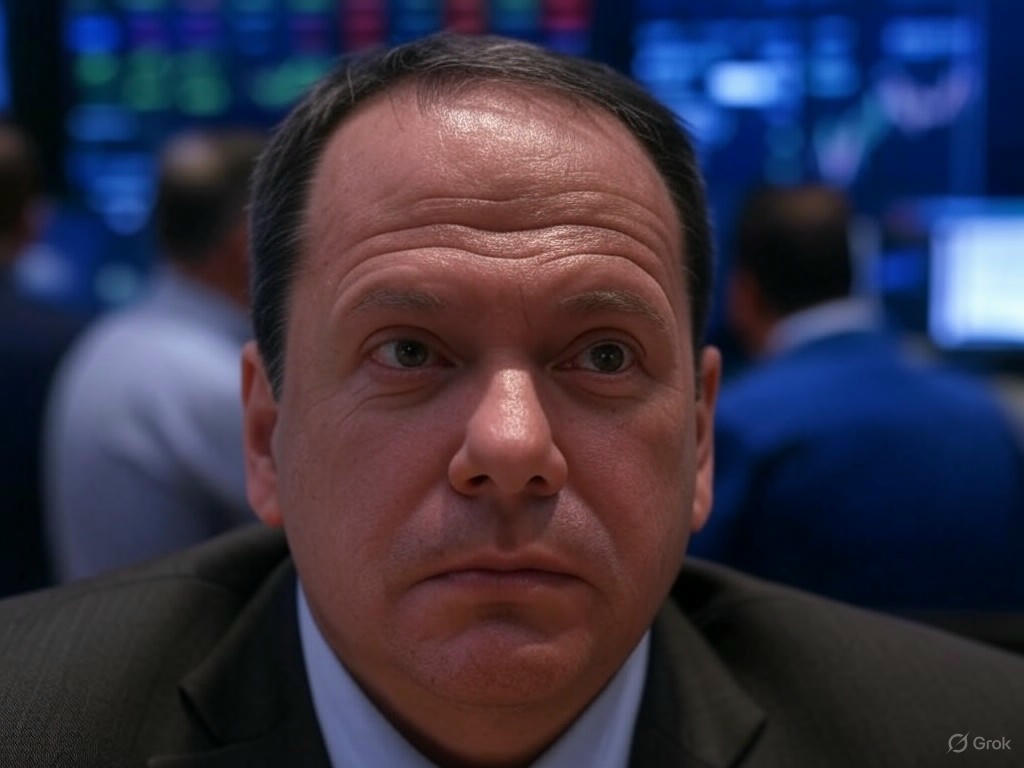Global financial markets were rattled this week as oil prices skyrocketed and US stock futures took a sharp nosedive following military actions in Iran. Over the weekend, reports emerged of targeted strikes by the United States on key Iranian nuclear facilities, escalating tensions in an already volatile region. The immediate aftermath saw crude oil prices surge by nearly 5% in Asian trading sessions on Monday, reflecting heightened fears of supply disruptions in the Middle East, a critical hub for global energy production. At the same time, US equity futures plummeted, with investors bracing for uncertainty and potential economic fallout from the geopolitical unrest.
The surge in oil prices is a direct response to the possibility of retaliatory actions that could impact major oil routes or production capacities in the region. Iran, a significant player in the global oil market despite sanctions, sits near vital shipping lanes like the Strait of Hormuz, through which a substantial portion of the world’s oil supply passes. Any disruption here could send shockwaves through energy markets, pushing prices even higher and straining economies already grappling with inflation pressures. Analysts are warning that prolonged conflict could lead to sustained high energy costs, affecting everything from transportation to manufacturing sectors worldwide.
On the other side of the spectrum, the drop in US futures signals a broader wave of caution among investors. The strikes come at a time when markets were already jittery due to domestic economic concerns, including rising interest rates and uneven corporate earnings. The added layer of international conflict has fueled a risk-off sentiment, with traders moving away from equities and into safer assets like gold and government bonds. Major indices, including the S&P 500 and Dow Jones futures, saw significant declines in early trading, reflecting fears of a broader market correction if tensions escalate further. Some market watchers speculate that the Federal Reserve might face renewed pressure to adjust monetary policy if energy-driven inflation spikes again.
Looking ahead, the situation remains fluid, with potential ripple effects that could reshape economic forecasts for the remainder of the year. Governments and central banks worldwide are likely to monitor the unfolding events closely, as energy prices and market stability hang in the balance. For now, businesses and consumers alike are left to navigate the uncertainty, with many preparing for higher fuel costs and tighter budgets. The coming days will be crucial in determining whether diplomatic efforts can de-escalate the situation or if the world is on the brink of a more prolonged crisis. As the dust settles from the weekend’s developments, one thing is clear: the intersection of geopolitics and economics has once again reminded us of the fragility of global markets in times of conflict.
